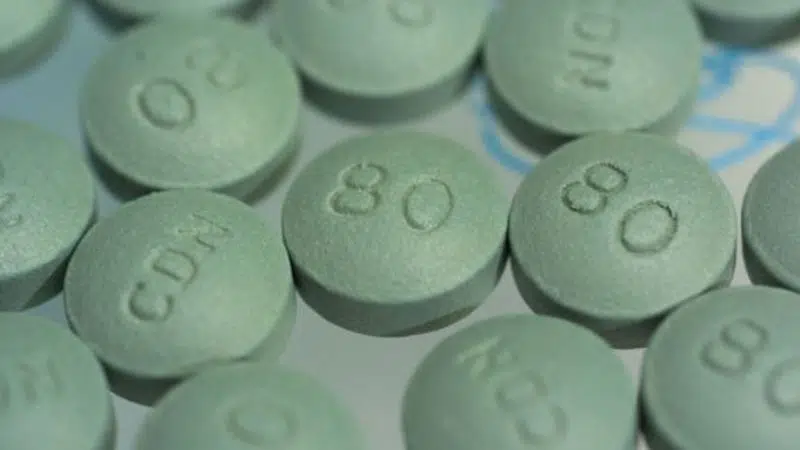
2019 opioid overdose deaths on pace to decrease from previous year
Medicine Hat, AB – The term ‘Opioid Crisis’ is a frequently used one in Alberta with over 1,800 individuals across the province dying from an accidental fentanyl poisoning since January 2016.
“I think that it’s really important for people to remember that opioid deaths happen across all socioeconomic statuses. They happen in the suburbs as well as in the inner cities,” said Dr. Deena Hinshaw, chief medical officer of health for Alberta Health. “Opioids don’t discriminate. Opioid deaths, addiction doesn’t discriminate.”
In 2016, Medicine Hat had two fentanyl-related deaths. In 2017 there were seven, and 2018 saw a record high of 12 deaths.
